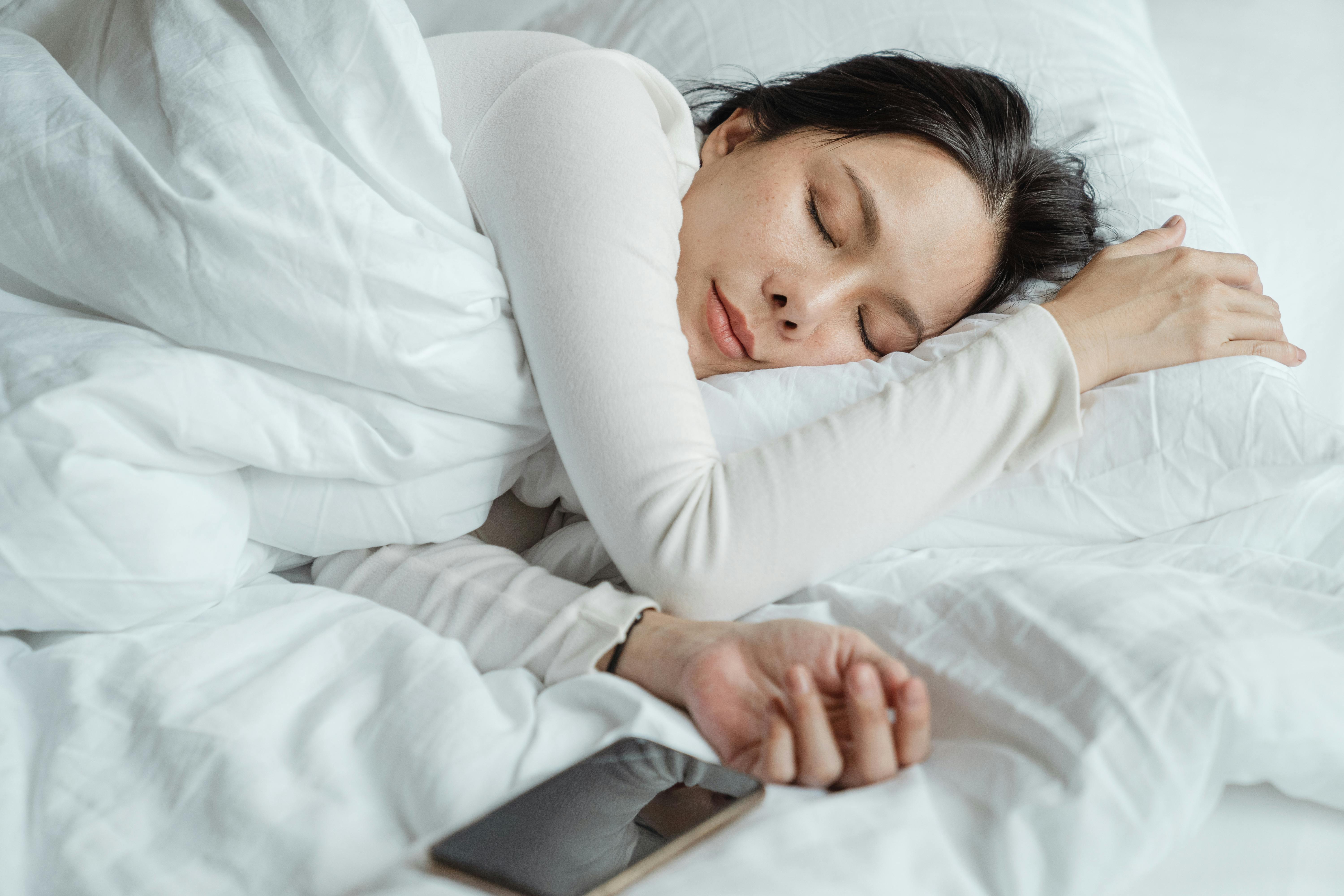Biohacking Your Circadian Rhythm: The New Frontier of Sleep Optimization
Are you tired of feeling tired? Imagine waking up each morning feeling refreshed, energized, and ready to conquer the day. This isn't just a dream—it's the promise of circadian rhythm biohacking, a cutting-edge approach to sleep optimization that's revolutionizing how we think about rest and recovery. But what exactly is circadian biohacking, and how can it transform your sleep quality and overall well-being?

The Science Behind Your Internal Clock
At the heart of circadian rhythm biohacking lies the suprachiasmatic nucleus (SCN), a tiny region in the brain’s hypothalamus that serves as our master biological clock. This cluster of neurons regulates the production of hormones like melatonin and cortisol, which in turn influence our sleep-wake cycles, metabolism, and mood. The SCN is primarily influenced by light exposure, but factors such as meal timing, physical activity, and temperature also play crucial roles in its function.
Recent research has unveiled the intricate relationship between circadian rhythms and gene expression. Scientists have identified clock genes that operate on a roughly 24-hour cycle, influencing nearly every aspect of our physiology. These discoveries have opened up new possibilities for targeted interventions to optimize sleep and overall health.
Light Exposure: The Cornerstone of Circadian Hacking
One of the most powerful tools in circadian rhythm biohacking is strategic light exposure. Our bodies have evolved to respond to the natural progression of daylight, with blue light stimulating wakefulness and red light promoting relaxation. However, modern lifestyles often disrupt these natural cues, leading to circadian misalignment.
To reset your internal clock, experts recommend getting at least 30 minutes of bright, natural light exposure within the first hour of waking. This helps suppress melatonin production and signals to your body that it’s time to be alert. Conversely, limiting blue light exposure in the evening, particularly from electronic devices, can help prepare your body for sleep.
Chronotrition: Eating in Sync with Your Body Clock
The timing of your meals can significantly impact your circadian rhythm. This concept, known as chrononutrition, suggests that our bodies process food differently at various times of the day due to fluctuations in metabolic enzymes and hormones.
Research indicates that consuming most of your calories earlier in the day and having a longer overnight fasting period can improve sleep quality, metabolic health, and weight management. Some studies even suggest that shifting your eating window to align with your body’s natural circadian rhythm can reduce the risk of chronic diseases like diabetes and cardiovascular disorders.
Temperature Regulation for Optimal Sleep
Your body temperature naturally fluctuates throughout the day, dropping slightly in preparation for sleep. Biohackers have found that manipulating environmental and core body temperature can enhance sleep quality and circadian alignment.
Techniques such as taking a warm bath before bed or using cooling mattress pads can help trigger the body’s natural sleep response. Some advanced biohackers even experiment with controlled cold exposure or sauna sessions at specific times of day to reset their circadian clocks and improve overall sleep efficiency.
Exercise Timing: A Powerful Circadian Lever
Physical activity is a potent zeitgeber, or time-giver, for the circadian system. The timing of your workouts can either reinforce or disrupt your natural rhythms. Morning exercise, especially when combined with natural light exposure, can help reset your circadian clock and improve nighttime sleep quality.
However, the relationship between exercise and circadian rhythms is bidirectional. Your body’s internal clock also influences athletic performance, with peak performance typically occurring in the late afternoon. By aligning your workout schedule with your body’s natural rhythms, you can optimize both your fitness gains and your sleep quality.
Mindfulness and Stress Management in Circadian Optimization
Stress and mental state play significant roles in circadian rhythm regulation. Chronic stress can disrupt the delicate balance of hormones that govern our sleep-wake cycles, leading to insomnia and other sleep disorders. Incorporating mindfulness practices and stress-reduction techniques into your daily routine can help stabilize your circadian rhythm and improve overall sleep quality.
Meditation, deep breathing exercises, and progressive muscle relaxation are all powerful tools for managing stress and promoting circadian alignment. Some biohackers also explore more advanced techniques like heart rate variability training or neurofeedback to fine-tune their nervous system and optimize their circadian function.
Circadian Biohacking: Practical Tips for Better Sleep
-
Invest in smart lighting systems that mimic natural light patterns throughout the day
-
Use blue-light blocking glasses in the evening to protect your melatonin production
-
Set consistent meal times and avoid late-night snacking to support your body’s natural rhythms
-
Experiment with temperature regulation techniques like pre-sleep cooling or morning cold showers
-
Align your exercise routine with your chronotype for optimal performance and recovery
-
Practice a consistent bedtime routine to signal to your body that it’s time to wind down
-
Use apps or wearable devices to track your sleep patterns and circadian alignment
Circadian rhythm biohacking represents a paradigm shift in our approach to sleep and overall health. By aligning our lifestyles with our body’s natural rhythms, we can unlock unprecedented levels of energy, mental clarity, and physical well-being. As research in this field continues to evolve, the potential for personalized circadian optimization grows ever more promising. Embrace the power of your internal clock, and discover a new frontier of health and vitality.






